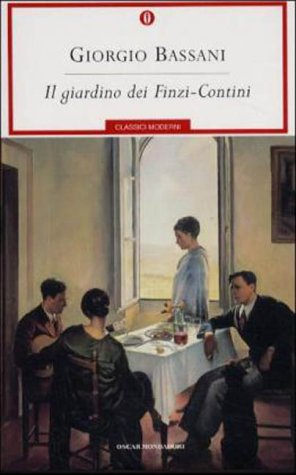
I. The Hunchback of Notre-Dame by Victor Hugo
“Love is like a tree: it grows by itself, roots itself deeply in our being and continues to flourish over a heart in ruin. The inexplicable fact is that the blinder it is, the more tenacious it is. It is never stronger than when it is completely unreasonable” [Hugo, Signet Classics, 1831/2001: 313].
Unrequited love seems to be the main theme of this novel by Victor Hugo since each character’s action in this story is driven by their love (or lust), and that includes beautiful gypsy Esmeralda’s blind love for Captain Phoebus, and, of course, bell-ringer Quasimodo’s selfless and hopeless love for Esmeralda. This atmospheric masterpiece set in medieval Paris dramatizes the conflict of secret fears and desires experienced by such characters as Esmeralda, Captain Phoebus and Quasimodo, but also strict disciplinarian Archdeacon Claude Frollo and poet Gringoire.

II. Great Expectations by Charles Dickens
“...I knew to my sorrow, often and often, if not always, that I loved her against reason, against promise, against peace, against hope, against happiness, against all discouragement that could be” [Dickens, Penguin Classics, 1860/1996: 268].
Great Expectations is a fine novel about tragic consequences of misbelief and obsessive love, though one is probably right to remain sceptical about the ending. Pip is an orphaned boy who is chosen by a rich woman Miss Havisham to visit her mysterious house for certain tasks. There, he falls in love with proud and aloof girl Estella, and his once chance encounter with two convicted felons on the run comes to haunt him as the years roll by.
Continue reading “10 Great Novels About Unrequited Love”




 “Sometimes when she is able to spend the night with him they are wakened by the three minarets of the city beginning their prayers before dawn. He walks with her through the indigo markets that lie between South Cairo and her home. The beautiful songs of faith enter the air like arrows, one minaret answering another, as if passing on a rumour of the two of them as they walk through the cold morning air, the smell of charcoal and hemp already making the air profound. Sinners in a holy city” (Michael Ondaatje, The English Patient, 1992: 154).
“Sometimes when she is able to spend the night with him they are wakened by the three minarets of the city beginning their prayers before dawn. He walks with her through the indigo markets that lie between South Cairo and her home. The beautiful songs of faith enter the air like arrows, one minaret answering another, as if passing on a rumour of the two of them as they walk through the cold morning air, the smell of charcoal and hemp already making the air profound. Sinners in a holy city” (Michael Ondaatje, The English Patient, 1992: 154).


